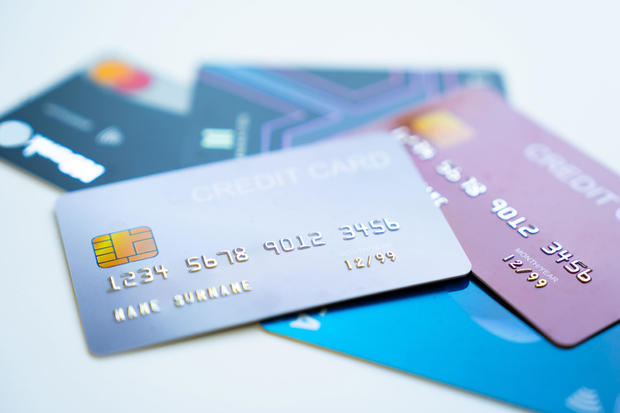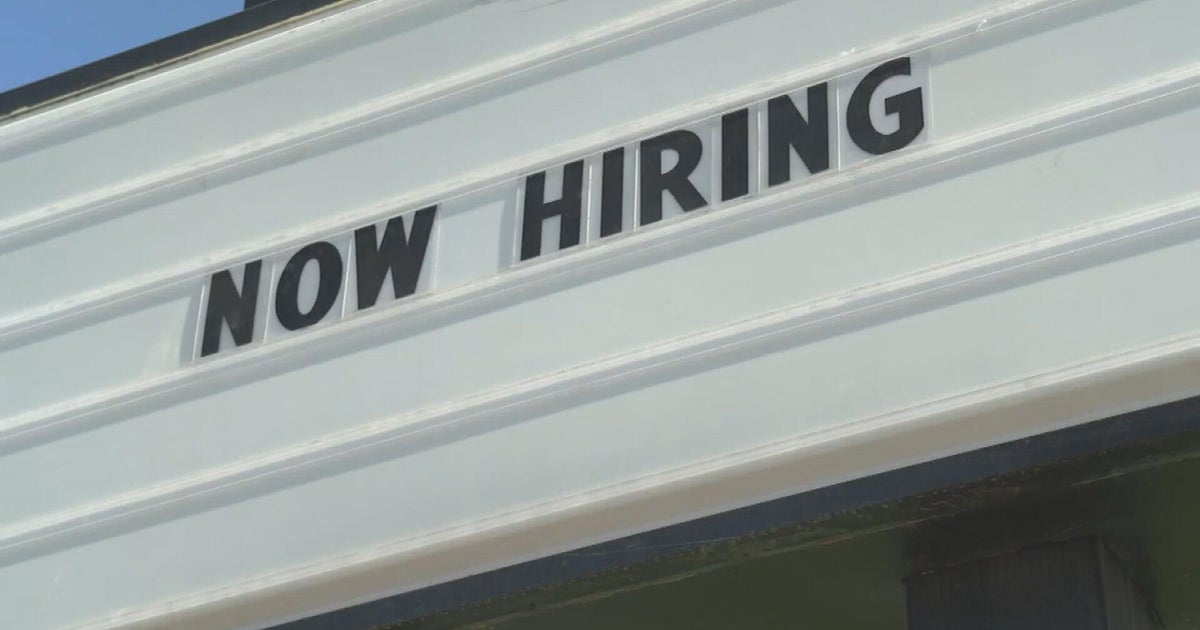3 big credit card debt mistakes to avoid this fall
Credit card debt is a growing issue nationwide with the total amount now sitting at $1.14 trillion, the highest level on record. This surge in card debt is paired with a concerning trend: an increase in the number of people falling behind on their payments. About 9% of credit card payments are now seriously delinquent and about 20% of credit card users are maxed out.
Part of the issue is that lingering inflationary pressures, still-high borrowing rates and a weakening job market have made it hard for many to manage both their everyday expenses and their credit card debt payments. In addition, some cardholders have been forced to use credit cards to help cover essentials like groceries, rent and gas. While that can bridge the gap between your income and expenses, the average credit card rate is near 23%, so the interest charges can compound quickly.
As these challenges mount, it's important to ensure that you're tackling your card debt in the most efficient manner possible — while also avoiding a few big mistakes this fall. By steering clear of the below issues, you'll be better prepared to prevent your debt from spiraling out of control.
Don't let your credit card debt issues grow. Start comparing your debt relief options today.
3 big credit card debt mistakes to avoid this fall
Make sure to avoid these three big credit card debt mistakes this fall.
Assuming that credit card rates will drop (and make your debt cheaper)
With the Federal Reserve expected to cut rates by 25 basis points in September, you may be under the assumption that your credit card rates will decrease in tandem, making your debt easier to manage. However, this assumption could lead to a dangerous mistake.
While a rate cut might lower interest rates on other types of loans, credit card rates are less likely to respond quickly to Fed rate changes, if at all. That's because credit card interest rates are tied to various factors, including the prime rate and the card issuer's internal risk calculations. So, even with the Fed rate cuts, credit card rates are unlikely to drop significantly in the near term.
Given that credit card APRs are currently sitting at a record high, waiting for rates to drop could be a costly decision. You may want to take proactive steps to get rid of your debt instead. Strategies like paying more than the minimum or consolidating your debt can help you reduce the amount of interest you're paying each month. Delaying your efforts in the hopes of cheaper borrowing costs, though, may only lead to higher overall balances.
Explore the best credit card debt relief options available now.
Letting the interest charges continue to compound
At today's high rates, credit card interest charges can quickly turn what was a manageable balance into an unmanageable financial burden. If you're carrying debt from month to month, the interest charges will compound, increasing the total you owe. For instance, a $5,000 balance with a 23% APR that isn't paid off quickly can balloon in a matter of months. And the longer you allow interest to accumulate, the harder it becomes to escape the debt cycle.
To avoid letting interest pile up, you may want to explore options for minimizing or eliminating interest charges completely. One option is transferring your balance to a card with a 0% introductory APR offer, which allows you to pay down the principal balance without accruing more interest for a set period. Another strategy is to consolidate your credit card debt with a lower-interest loan. Failing to address compounding interest, though, will only make your financial burden grow heavier.
Not taking advantage of the help available to you
Many people mistakenly believe that seeking help with their credit card debt will harm their credit or make their financial situation worse. In reality, there are debt relief options that can provide significant help without major repercussions for your finances. Debt relief companies offer a range of services, including debt consolidation, debt management plans and even negotiation with your creditors to reduce your outstanding balance or interest rate. These services can make it much easier to manage your debt.
Ignoring these resources out of fear or misinformation can be a costly mistake, though. For example, enrolling in a debt management program can help you create a structured repayment plan and may even lower your interest rates or card fees, all while protecting your credit score. Similarly, negotiating with your credit card issuer can result in paying less than you owe (whether through a lump-sum settlement or other concessions), which can be helpful if you're struggling due to a temporary financial setback. So rather than avoiding professional help, it's important to explore all the options available to you.
The bottom line
Credit card debt is a growing issue in the current economic climate, but by avoiding these common mistakes, you can start taking control of your finances this fall. Instead of waiting for rates to drop or allowing interest to snowball, taking proactive steps now can help you reduce your debt burden before it grows. And remember, there are resources out there to help you, no matter how overwhelming your situation may seem.




